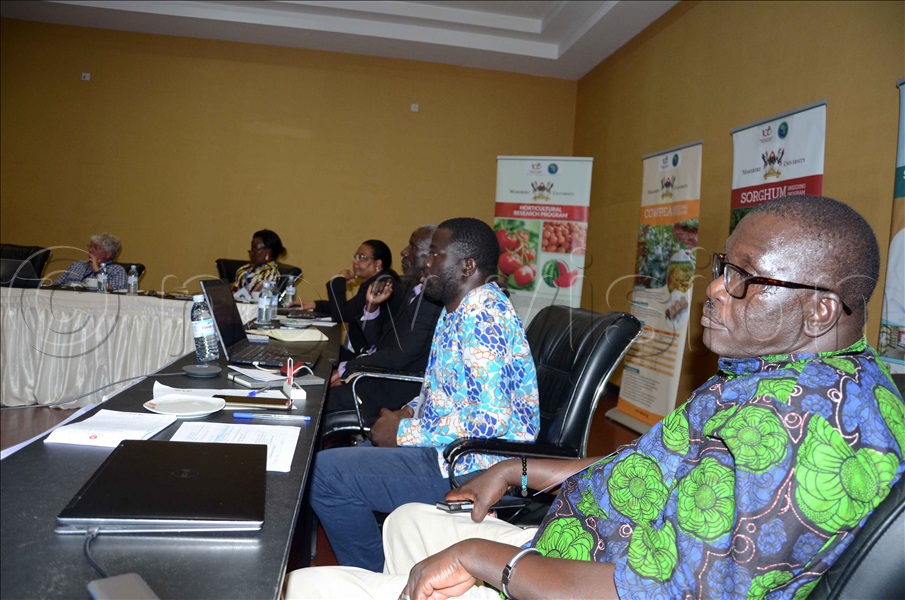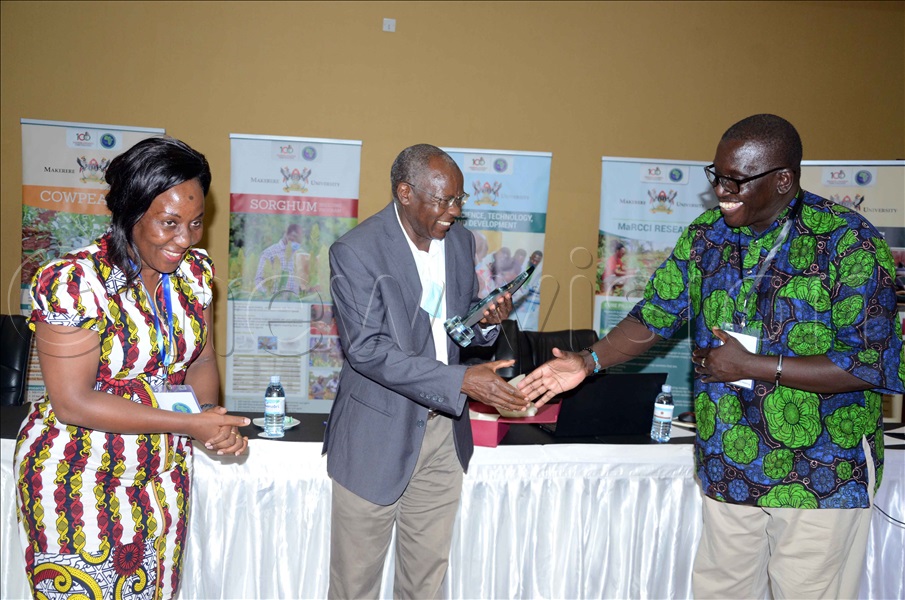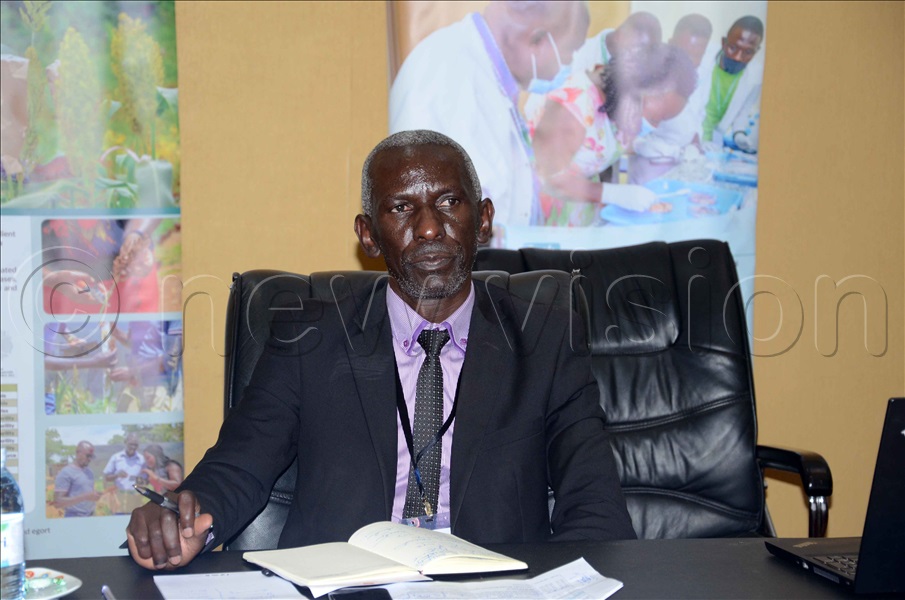Makerere University College of Agricultural and Environmental Sciences (CAES) has embarked on a campaign to formalize the seed system in Uganda.
This is intended to help the peasant farmers who are always duped with fake seeds.
According to the Principal of the College Prof. Gorret Nabanoga, the current seed system is very informal which has greatly affected the subsistence farmers.

“What we have noticed in the past, is that our farmers have been challenged with poor-quality seeds, and this is affecting productivity and income that comes, especially to the small-scale farmers. The World Bank supported by Regional Centre for Crop Improvement (MaRRCI) is at the Centre of formalizing the seed system and availability of quality seed which will improve productivity at all levels,” explained Prof. Nabanoga during the 4th Advisory Board meeting for MaRRCI.
She added, “We are at the stage of making sure that we engage our extension services to be able to send quality seeds and sensitize our farmers on the importance of utilizing quality seeds for improved yields within the farms.”
The Centre, she said is also partnering with the private sector, especially those dealing with seed production and distribution to be able to enhance their capacity in distributing quality seed.

This according to Nabanoga will improve the performance of specifically sorghum and cowpeas which are the crops being prioritized.
As the University is striving to become research-led, Prof. Nabanoga said that everything to be done at the University must be research-informed.
“Our role is to guide all the research users by providing services that are going to improve the genetic resources on the market since we are mandated to spearhead the research processes, and knowledge transfer partnerships which entail the knowledge generated to be translated into useful outputs within the communities,” she said.
The Director MaRRCI, Dr. Richard Edema, during the meeting, said that the regional Centre which has been in existence for the last 10 years, has trained several scientists at both MSs and PhD levels to ensure that they control the food agenda on the African Continent.

“The Centre was created as part of the effort to build capacity in science, technology, Engineering and mathematical area not only for Uganda but for Africa as a continent since it has a very little contribution, yet the world now depends on knowledge, economy and innovations. We are trying to address the shortage of scientists, lack of innovation, the low contribution of innovation and new ideas in the knowledge economy to build Uganda’s economy,” he said.
He explained that MaRCCI was created with the idea of trying to build the workforce in agricultural sciences as a regional Centre for crop improvement, not just to build scientists at the highest level in crop improvement, but also for the region.
“For the last t10 years, we have trained over 20 scientists for the African countries from Rwanda, Malawi, Namibia, Mozambique, Zimbabwe up to West Africa and these are the scientists that are driving the food production agenda to meet the food needs of the continent. We need to produce our food to feed ourselves and also make money out of it,” Dr. Edema said.
He said that every year, the AGM meets to review the progress, saying in this fourth year, they have registered tremendous progress.
“We have seen 250MSs and PhDs in crop improvement specifically PhDs in plant breeding and biotechnology and MSc in plant breeding and seed systems for Uganda and 20 other African countries,” he said.
In Rwanda and South Sudan, most of the graduates, he said are supporting the food production systems in their countries, an indication that progress has been registered in terms of human capacity.
“Because of that, we have been declared the African Host Centre by the PACET program to be the regional scholarships and innovation part,” he said.





